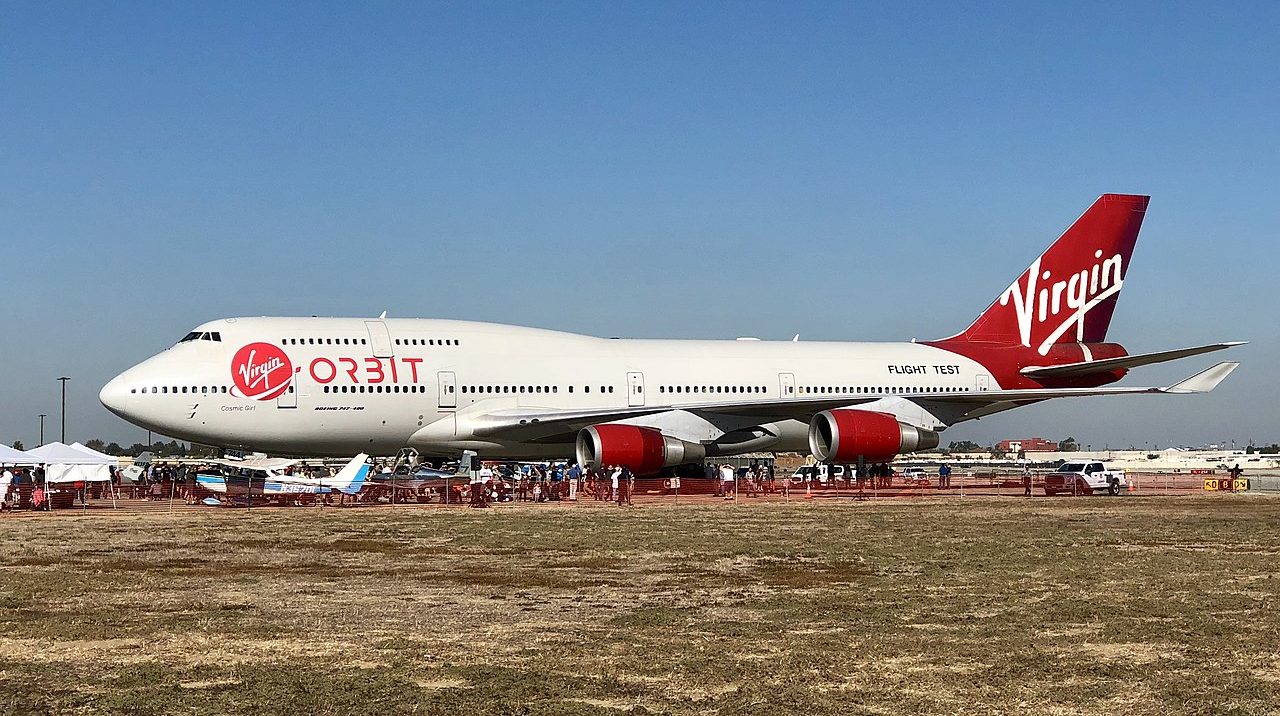The successful flight places Virgin in the exclusive club of companies whose space ventures have reached low orbit.
Billionaire Sir Richard Branson’s satellite launch business Virgin Orbit reached space on Sunday, eight months after the first demonstration flight of its air-launched rocket system failed, the company has announced.
The Long Beach-headquartered Virgin Orbit now stands as the only company to have successfully dropped an orbit-bound rocket (dubbed ‘LauncherOne’) in mid-air from the underside of a Boeing 747 carrier wing. The rocket launched by Virgin’s modified 747 (dubbed ‘Cosmic Girl’) carried a cluster of miniature satellites known as CubeSats developed as part of a NASA educational programme alongside US universities. Ten payloads in total were carried by the rocket.
The technology, which allows satellites to be launched from runways, will likely open up further space-based opportunities to small nation states and businesses. There are plans in the works for the Virgin Orbit system to be licensed outside of California, in areas including Cornwall in south-west England.
"A new gateway to space has just sprung open," said Virgin Orbit CEO Dan Hart in a statement. "That LauncherOne was able to successfully reach orbit today is a testament to this team's talent, precision, drive, and ingenuity."
Virgin Orbit is part of a wave of companies seeking to break into a growing market for small, affordable spacecraft for taking miniature satellites to orbit. Competitor Rocket Lab, also based out of Long Beach, has deployed 96 such payloads in 17 launches of its Electron rocket from a New Zealand site, with another that was nearing launch on Sunday.
[ymal]
Virgin Orbit is separate from Branson’s other space venture, Virgin Galactic, which intends to carry passengers on suborbital flights for the purposes of “space tourism” and expects to begin commercial operations this year in southern New Mexico.











